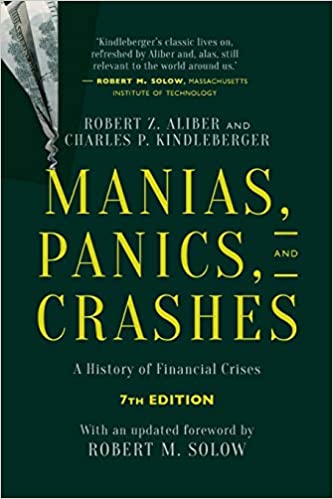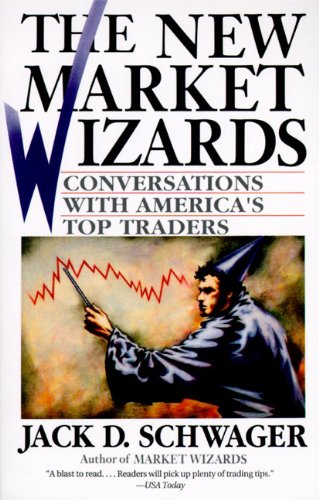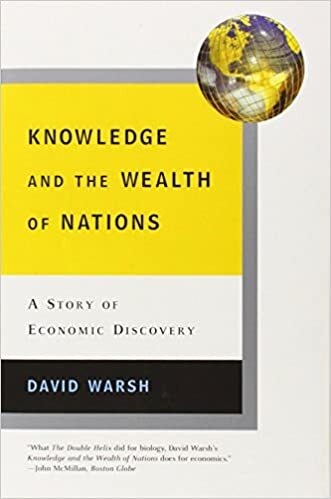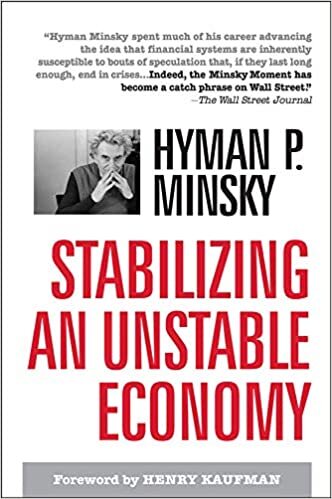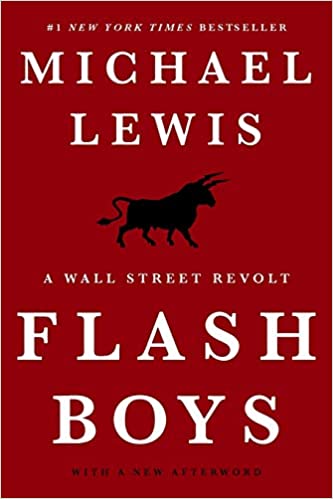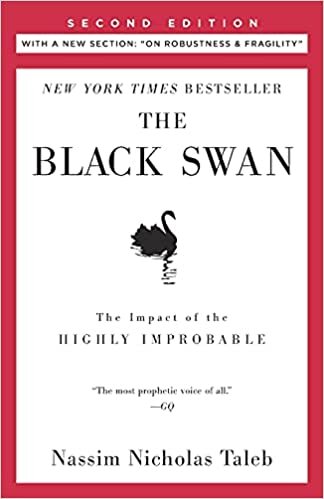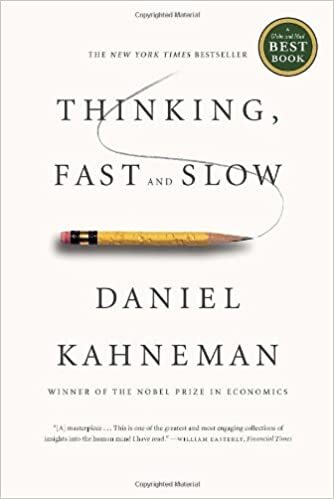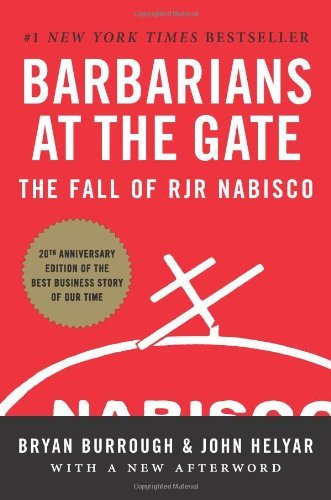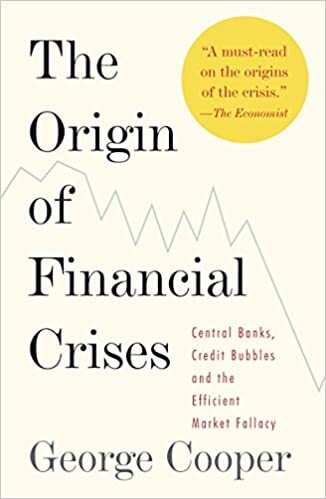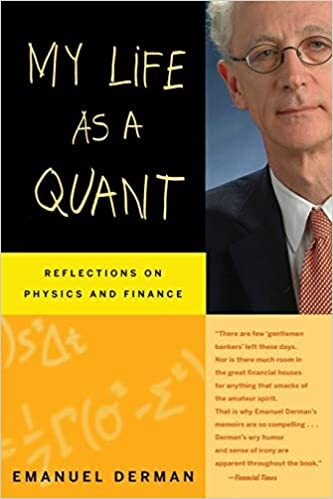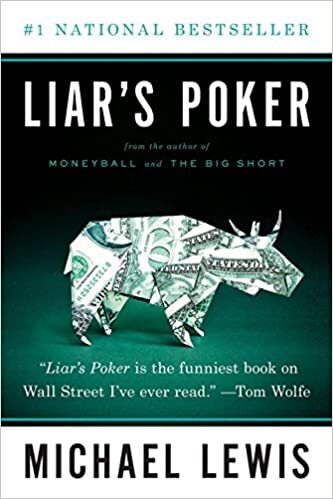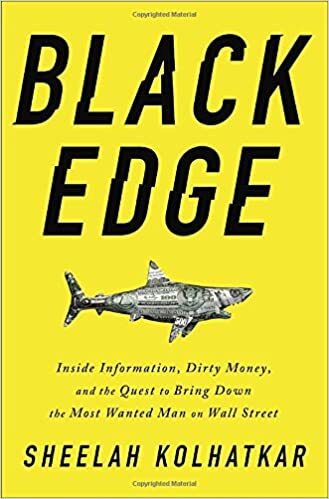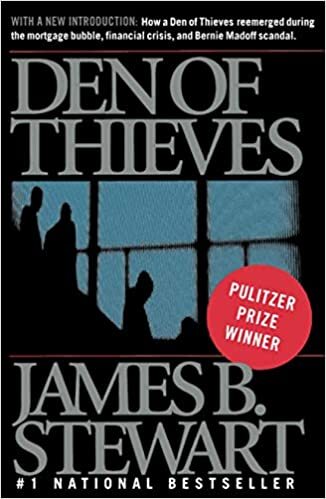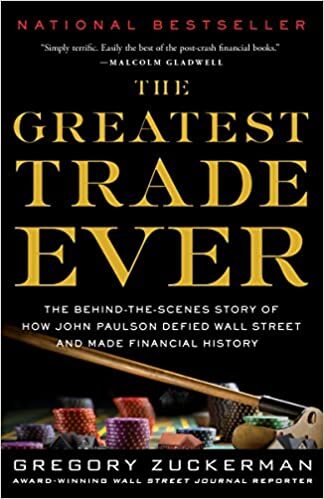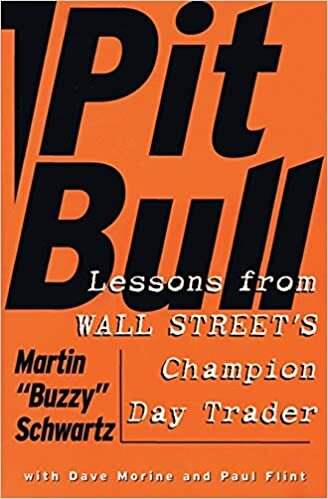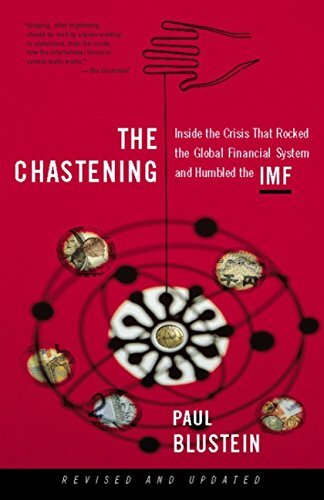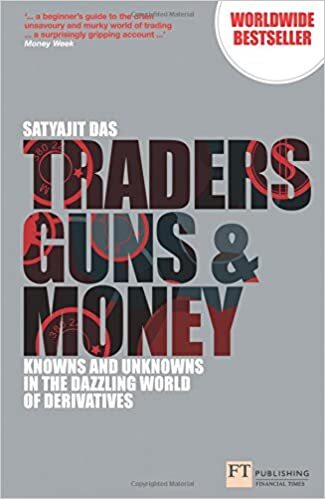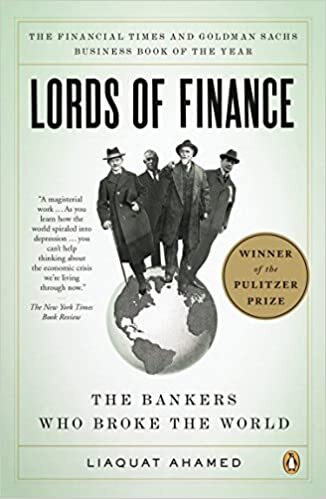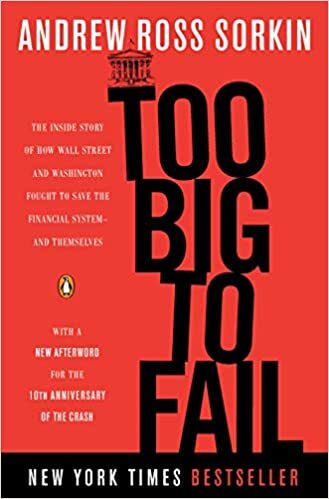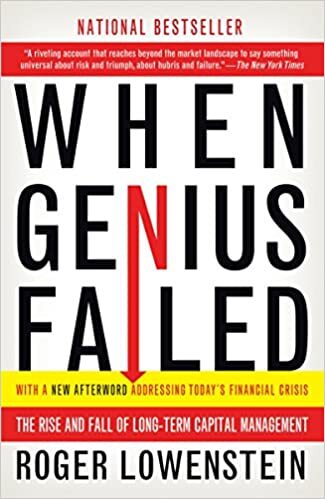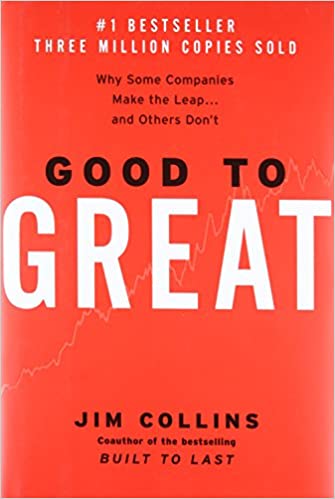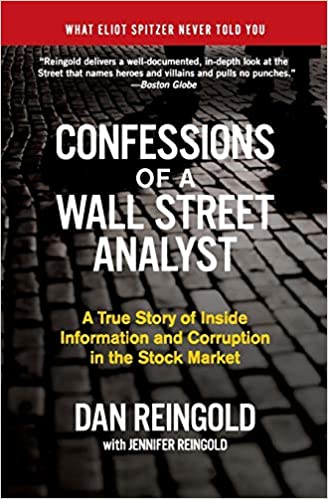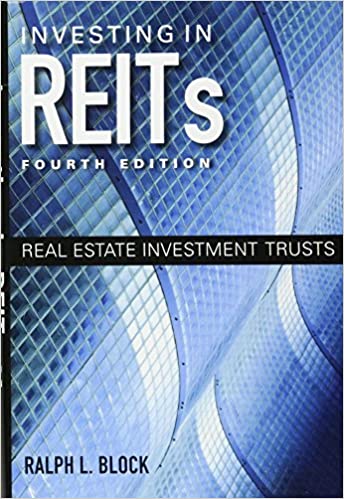Manias, Panics, and Crashes
This seventh edition of an investment classic has been thoroughly revised and expanded following the latest crises to hit international markets. Renowned economist Robert Z. Aliber introduces the concept that global financial crises in recent years are not independent events, but symptomatic of an inherent instability in the international system.
The New Market Wizards
In The New Market Wizards, successful traders relate the financial strategies that have rocketed them to success. Asking questions that readers with an interest or involvement in the financial markets would love to pose to the financial superstars, Jack D. Schwager encourages these financial wizards to share their insights. Entertaining, informative, and invaluable, The New Market Wizards is destined to become another Schwager classic.
Knowledge And The Wealth Of Nations
A stimulating and inviting tour of modern economics centered on the story of one of its most important breakthroughs. In 1980, the twenty-four-year-old graduate student Paul Romer tackled one of the oldest puzzles in economics. Eight years later he solved it. This book tells the story of what has come to be called the new growth theory: the paradox identified by Adam Smith more than two hundred years earlier, its disappearance and occasional resurfacing in the nineteenth century, the development of new technical tools in the twentieth century, and finally the student who could see further than his teachers.
Stabilizing an Unstable Economy
In his seminal work, Minsky presents his groundbreaking financial theory of investment, one that is startlingly relevant today. He explains why the American economy has experienced periods of debilitating inflation, rising unemployment, and marked slowdowns-and why the economy is now undergoing a credit crisis that he foresaw
Flash Boys
“Guaranteed to make blood boil.” ―Janet Maslin, New York Times In Michael Lewis’s game-changing bestseller, a small group of Wall Street iconoclasts realize that the U.S. stock market has been rigged for the benefit of insiders. They band together―some of them walking away from seven-figure salaries―to investigate, expose, and reform the insidious new ways that Wall Street generates profits. If you have any contact with the market, even a retirement account, this story is happening to you.
The Black Swan
A black swan is an event, positive or negative, that is deemed improbable yet causes massive consequences. In this groundbreaking and prophetic book, Taleb shows in a playful way that Black Swan events explain almost everything about our world, and yet we—especially the experts—are blind to them. In this second edition, Taleb has added a new essay, On Robustness and Fragility, which offers tools to navigate and exploit a Black Swan world.
Thinking, Fast & Slow
Two systems drive the way we think and make choices, Daniel Kahneman explains: System One is fast, intuitive, and emotional; System Two is slower, more deliberative, and more logical. Examining how both systems function within the mind, Kahneman exposes the extraordinary capabilities as well as the biases of fast thinking and the pervasive influence of intuitive impressions on our thoughts and our choices. Engaging the reader in a lively conversation about how we think, he shows where we can trust our intuitions and how we can tap into the benefits of slow thinking, contrasting the two-system view of the mind with the standard model of the rational economic agent.
Barbarians at the Gate
A #1 New York Times bestseller and arguably the best business narrative ever written, Barbarians at the Gate is the classic account of the fall of RJR Nabisco. An enduring masterpiece of investigative journalism by Bryan Burrough and John Helyar, it includes a new afterword by the authors that brings this remarkable story of greed and double-dealings up to date twenty years after the famed deal. The Los Angeles Times calls Barbarians at the Gate, “Superlative.” The Chicago Tribune raves, “It’s hard to imagine a better story…and it’s hard to imagine a better account.” And in an era of spectacular business crashes and federal bailouts, it still stands as a valuable cautionary tale that must be heeded.
The Origin of Financial Crises
In a series of disarmingly simple arguments financial market analyst George Cooper challenges the core principles of today’s economic orthodoxy and explains how we have created an economy that is inherently unstable and crisis prone. With great skill, he examines the very foundations of today’s economic philosophy and adds a compelling analysis of the forces behind economic crisis. His goal is nothing less than preventing the seemingly endless procession of damaging boom-bust cycles, unsustainable economic bubbles, crippling credit crunches, and debilitating inflation. His direct, conscientious, and honest approach will captivate any reader and is an invaluable aid in understanding today’s economy.
My Life as a Quant
In My Life as a Quant, Emanuel Derman relives his exciting journey as one of the first high-energy particle physicists to migrate to Wall Street. Page by page, Derman details his adventures in this field—analyzing the incompatible personas of traders and quants, and discussing the dissimilar nature of knowledge in physics and finance. Throughout this tale, he also reflects on the appropriate way to apply the refined methods of physics to the hurly-burly world of markets.
Liar's Poker
Michael Lewis was fresh out of Princeton and the London School of Economics when he landed a job at Salomon Brothers, one of Wall Street’s premier investment firms. During the next three years, Lewis rose from callow trainee to bond salesman, raking in millions for the firm and cashing in on a modern-day gold rush.
Black Edge
The hedge fund industry changed Wall Street. Its pioneers didn’t lay railroads, build factories, or invent new technologies. Rather, they made their billions through financial speculation, by placing bets in the market that turned out to be right more often than not. In hedge fund circles, Steven A. Cohen was revered as one of the greatest traders who ever lived. But that image was shattered when his fund, SAC Capital, became the target of a seven-year government investigation. Prosecutors labeled SAC a “magnet for market cheaters” whose culture encouraged the relentless pursuit of “edge”—and even “black edge,” which is inside information—and the firm was ultimately indicted and pleaded guilty to charges related to a vast insider trading scheme. Cohen, himself, however, was never charged. Black Edge is a riveting legal thriller that raises urgent questions about the power and wealth of those who sit at the pinnacle of high finance and how they have reshaped the economy.
Den of Thieves
Pulitzer Prize–winner James B. Stewart shows for the first time how four of the eighties’ biggest names on Wall Street—Michael Milken, Ivan Boesky, Martin Siegel, and Dennis Levine —created the greatest insider-trading ring in financial history and almost walked away with billions, until a team of downtrodden detectives triumphed over some of America’s most expensive lawyers to bring this powerful quartet to justice.
The Greatest Trade Ever
In 2006, hedge fund manager John Paulson realized something few others suspected–that the housing market and the value of subprime mortgages were grossly inflated and headed for a major fall. Paulson’s background was in mergers and acquisitions, however, and he knew little about real estate or how to wager against housing. He had spent a career as an also-ran on Wall Street. But Paulson was convinced this was his chance to make his mark. He just wasn’t sure how to do it. Colleagues at investment banks scoffed at him and investors dismissed him. Even pros skeptical about housing shied away from the complicated derivative investments that Paulson was just learning about. But Paulson and a handful of renegade investors such as Jeffrey Greene and Michael Burry began to bet heavily against risky mortgages and precarious financial companies. Timing is everything, though. Initially, Paulson and the others lost tens of millions of dollars as real estate and stocks continued to soar. Rather than back down, however, Paulson redoubled his bets, putting his hedge fund and his reputation on the line.
Pit Bull
Welcome to the world of Martin “Buzzy” Schwartz, Champion Trader-the man whose nerves of steel and killer instinct in the canyons of Wall Street earned him the well-deserved name “Pit Bull.” This is the true story of how Schwartz became the best of the best, of the people and places he discovered along the way and of the trader’s tricks and techniques he used to make his millions.
The Chastening
Lauded by reviewers and scholars alike, Paul Blustein’s The Chastening examines the role of the International Monetary Fund in the series of economic crises that rocked the globe in the last decade. Based on hundreds of interviews with officials at the IMF, the World Bank, the U.S. Treasury, the Federal Reserve, the White House, and many foreign governments, The Chastening offers a behind-the-scenes look at the Fund during an extraordinarily turbulent period in modern economic history and at a time when the IMF has become the object of intense political controversy.
Traders, Guns and Money
Traders Guns and Money is a wickedly comic exposé of the culture, games and pure deceptions played out every day in trading rooms around the world. And played out with other people’s money. This sensational insider’s view of the business of trading and marketing derivatives, explains the frighteningly central role that derivatives and financial products played in the global financial crisis.
Lords of Finance
It is commonly believed that the Great Depression that began in 1929 resulted from a confluence of events beyond any one person’s or government’s control. In fact, as Liaquat Ahamed reveals, it was the decisions made by a small number of central bankers that were the primary cause of that economic meltdown, the effects of which set the stage for World War II and reverberated for decades. As yet another period of economic turmoil makes headlines today, Lords of Finance is a potent reminder of the enormous impact that the decisions of central bankers can have, their fallibility, and the terrible human consequences that can result when they are wrong.
Too Big to Fail
In one of the most gripping financial narratives in decades, Andrew Ross Sorkin—a New York Times columnist and one of the country’s most respected financial reporters—delivers the first definitive blow-by-blow account of the epochal economic crisis that brought the world to the brink. Through unprecedented access to the players involved, he re-creates all the drama and turmoil of these turbulent days, revealing never-before-disclosed details and recounting how, motivated as often by ego and greed as by fear and self-preservation, the most powerful men and women in finance and politics decided the fate of the world’s economy.
When Genius Failed
In this business classic—now with a new Afterword in which the author draws parallels to the recent financial crisis—Roger Lowenstein captures the gripping roller-coaster ride of Long-Term Capital Management. Drawing on confidential internal memos and interviews with dozens of key players, Lowenstein explains not just how the fund made and lost its money but also how the personalities of Long-Term’s partners, the arrogance of their mathematical certainties, and the culture of Wall Street itself contributed to both their rise and their fall.
Good To Great
Built to Last, the defining management study of the nineties, showed how great companies triumph over time and how long-term sustained performance can be engineered into the DNA of an enterprise from the very beginning. But what about the company that is not born with great DNA? How can good companies, mediocre companies, even bad companies achieve enduring greatness?
Confessions of a Wall Street Analyst
Dan Reingold was a top Wall Street analyst for fourteen years and Salomon Smith Barney analyst Jack Grubman’s chief competitor in the red-hot sector of telecom. Reingold was part of the “Street” and believed in it. But in this action-packed, highly personal memoir written with accomplished Fast Company senior writer Jennifer Reingold the author describes how his enthusiasm gave way to disgust as he learned how deeply corrupted Wall Street and much of corporate America had become during the roaring stock market bubble of the 1990s.
Investing in REITs
Real Estate Investment Trusts (REITs), which provide some of the best total returns in the investment world, along with above-average dividend yields and stable earnings, have become increasingly popular with both individual and institutional investors. Investing in REITs, Fourth Edition has established itself as the definitive guide to understanding this attractive asset class. The book is invaluable for investors, financial planners, and investment advisers interested in understanding REITs and REIT investment opportunities.
